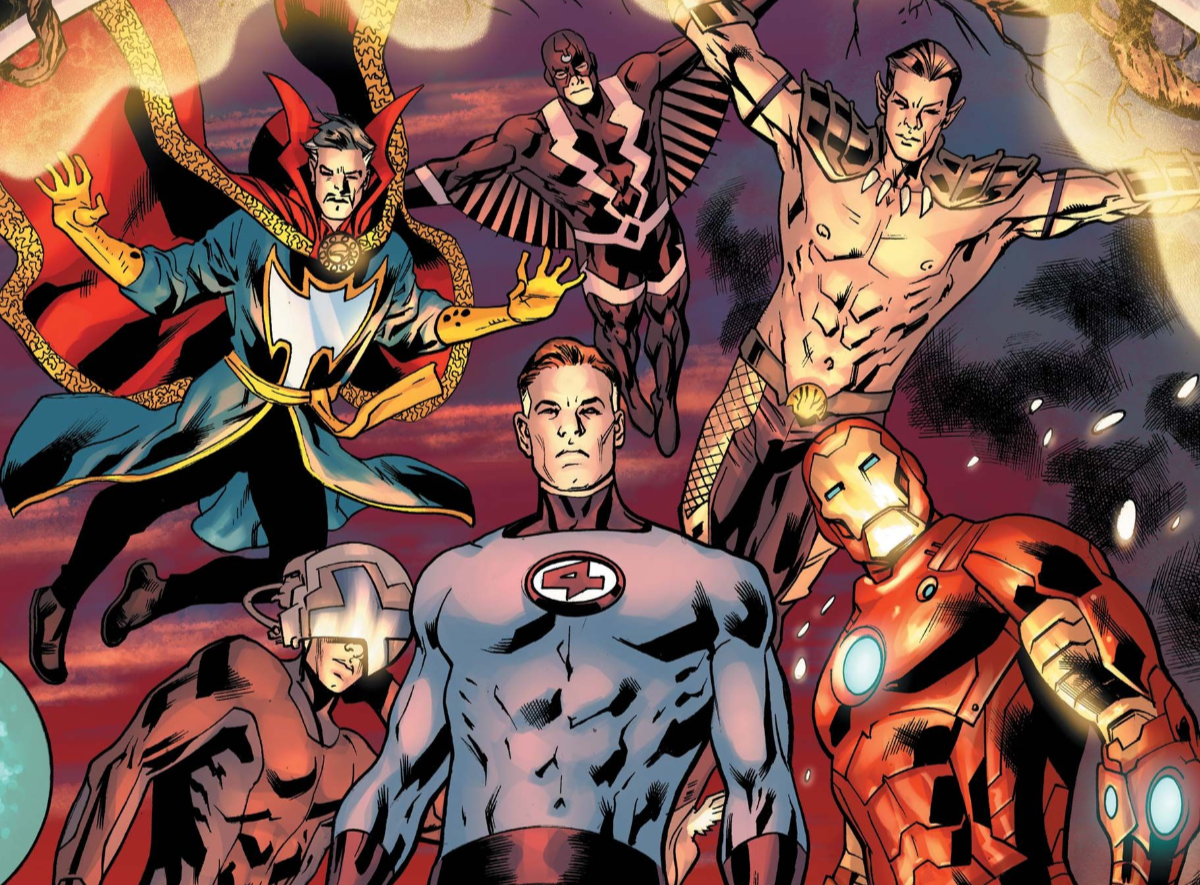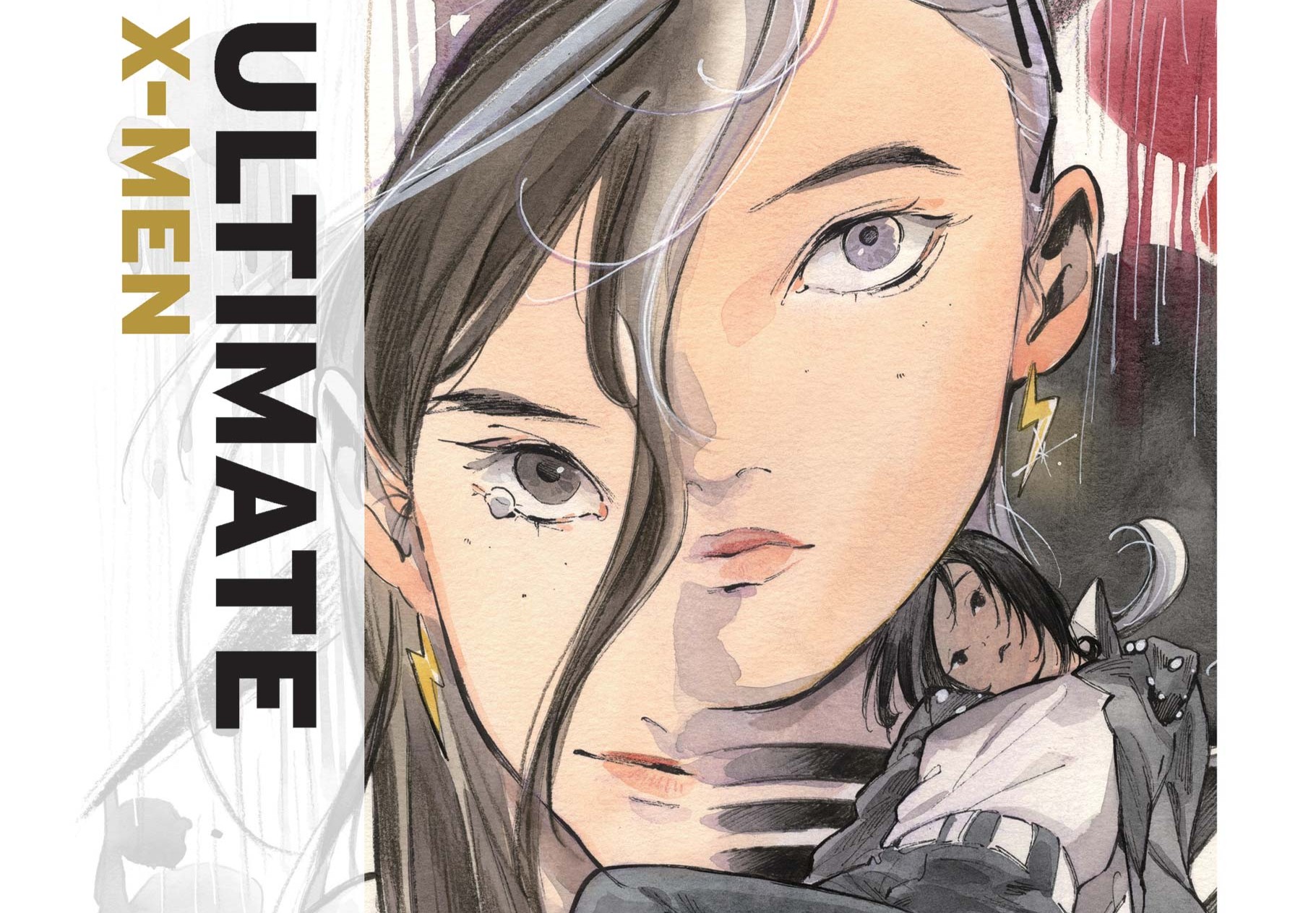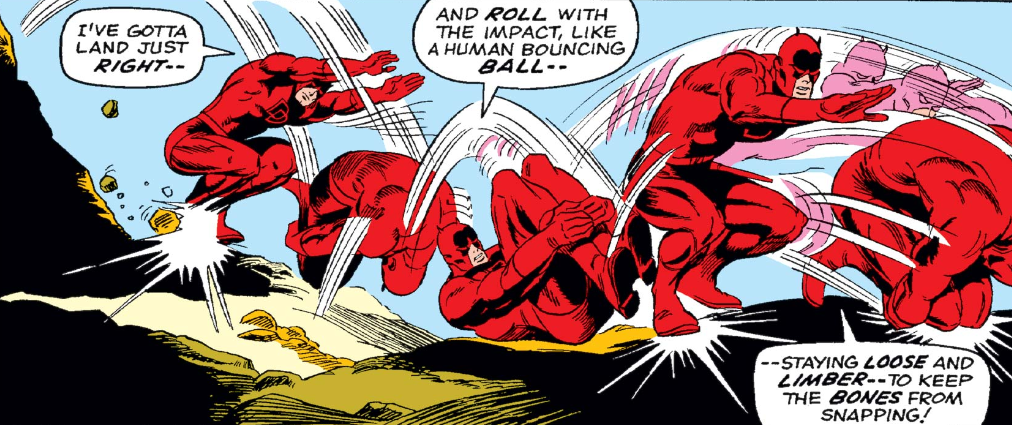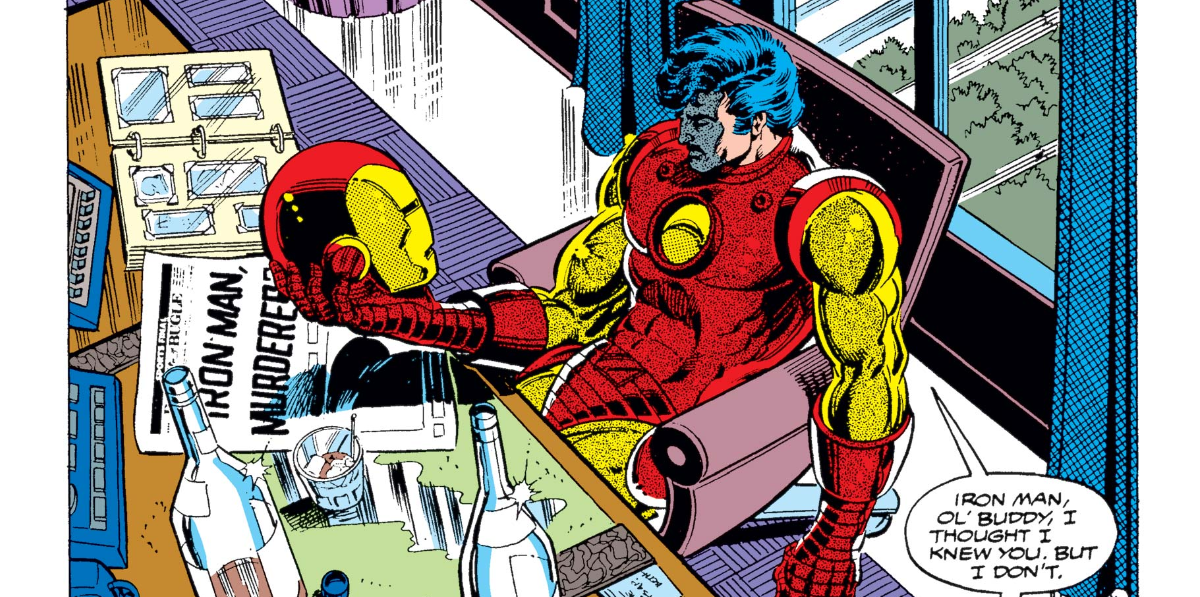The Technocrats Have Won in Marvel’s Ultimate Invasion
Marvel’s Ultimate Universe

Just back in 2023, Marvel launched a new version of their Ultimate line of comics via Ultimate Invasion from the pens, minds, and hearts of a creative team, including Jonathan Hickman as writer and Bryan Hitch as penciller. Coming after Hickman’s stint with Marvel’s Mutants and directly before his G.O.D.S. venture, the discussion around Ultimate Invasion was as concerned with the state of the company as the creative work itself. The main sentiment that often broke through was one of tepid optimism.
There was a sense that the series was passable, and really, that was regarded as no problem given the slate ahead. With the rest of the Ultimate Universe spinning out from it, there was forgiveness for the introductory series’ shortcomings. There were also several suggestions for waiting and reading the four issues after they were all released. A year and a half later, the entire conversation surrounding superhero comics is centered around the Ultimate Universe, and the series is advertised as a jumping-in point for the world of Marvel as a whole. We are checking out the introduction to the new side universe and seeing how the initial assessments of the work have aged.
Going In
There’s no question that Ultimate Invasion has the specific function of launching a new Ultimate Universe imprint outside of being a standalone story. Like Hickman’s 2019 House of X/Powers of X, the opening limited series is the first act in a larger story playing in the background or the side in the individual books in the line. In that case, many readers were disappointed by the lack of meaningful overlap between Hickman’s overarching story and the separate titles, which was a problem that seemed rooted in mismanaged expectations. Ultimate Invasion and the follow-up single issue, Ultimate Universe, showcase a more focused vision, with a narrower in-fiction scope but wider opportunities from a creative perspective.
Finally, Reed Richards and Iron Man Get The Spotlight
The actual narrative of Ultimate Invasion comes down to The Maker (evil Reed Richards from the original Ultimate Universe) deciding to move to a new universe that largely mirrors those with which he is familiar. Once acquainted with his latest victims, The Maker utilizes a time machine to cut off any superheroes at their origins. This results in a world controlled by The Maker and those with the skills and self-serving worldview that align with him. A team-up with Howard Stark and an escalating time war hint at the initial force that rises to oppose The Maker.
Ultimate Invasion is thick with details but surprisingly straightforward with complexity. There is a lot of work setting up plot mechanics and world rules that only partially come into play. Despite introducing a range of alternate version characters, the couple that shines through is The Maker and the new version of Reed Richards, which, of course, just play on Hickman’s tried and true Mr. Fantastic. The hero of the story and the reader’s viewpoint is Howard Stark.
Operating as Iron Man and a member of The Maker’s inner circle, Howard Stark is so subsumed with his own affairs that he is ignorant of the broader events of the world. As he is brought closer to The Maker and learns of the associated horrors, Stark gains a moral backbone and evolves into the hero his world needs. There is not much unique about this version of Iron Man, and he works as a scene setter for his son as well, if not better, than he functions as a character of his own. As with much of the new universe, this may be worth it in the long run, though it feels a bit tired in these issues.
The series establishes plenty of alternate versions of characters, with the bulk coming from the inner circle of The Maker, such as Hulk and Captain Britain, but they are decidedly side players. Despite the occasional interesting lore drop, they operate as generic villainous overseers, offering little other than a stage for more stories to take place. The standalone Ultimate Universe issue reveals the intentions behind this decision, as the heroes that the audience is meant to care about are clearly set to come out of the finale of this story. The inner circle is described as a ring of power-hungry leaders who have divided the world up between them and put on a show of play, acting as though the power fluctuates and they are in conflict, to deceive and placate the general public. The situation is described as one where “the technocrats have won,” but even this eyebrow-raiser fails to convey a strong central message.
Rising above the middling narrative and characterizations are two men, Reed Richards. The Maker and the new Ultimate Reed are far and away the most interesting elements in the series. The Maker takes up a lot of space and does plenty of detail explaining, but the twisted, charming personality of the villain is a joy to read. Thanks to a memory-hampering wound, the comic showcases a side of The Maker that is both vulnerable and unhinged. As he gains success and power, so does his depravity, and his sanity slips further.
As The Maker starts problem-solving his situation, the real threat he poses becomes clear. The way he goes about tackling the issues in front of him is methodical yet surprising, in staple Reed Richards fashion. The audience is reminded that the man they follow is like Mr. Fantastic in that he can build anything, go anywhere, and solve anything. The real power of Reed Richards historically is that he can do whatever needs to be done for the plot to move forward or conclude. Most readers obviously don’t think about this actively, but subconsciously, they know the good guy will make it out in the end. In the pages of Ultimate Invasion, there is a sense that The Maker is not just a brilliant bad guy but is bastardizing the nature of the narrative or breaking the universe by wielding that power for his ends. There’s a reminiscence of The Batman Who Laughs from DC, who similarly wielded the almost metatextual ability of Batman to do anything, but for universe shenanigans instead of good.
Part way through, the story switches more to Howard Stark rather than The Maker, and it feels like a gear shift away from actually continuing with the preferred character in favor of placing him in a pure, far-off threat role. The characterization of Iron Man is so much weaker than that of The Maker that the shift in perspective is almost discouraging to the reader. The hope is that these two are being placed in roles that will play out more satisfyingly down the road. While not a character the reader gets a ton of time with, the standout in these pages is the new Ultimate Reed Richards.
Every Reed needs a Dr. Doom, and The Maker takes matters into his own hands to give himself a new one. By abducting and imprisoning the man who shares his face in a metal mask, The Maker becomes a classic super villain in crafting a nemesis for himself. The completely shattered psyche of Ultimate Reed is chilling in how it comes through. Reed carries an almost casual tone or attitude, even while relaying truly harrowing tales of torture or other acts done by The Maker. The time that the story takes with Reed and the space it gives him indicates a prominent role in the unfolding ongoing saga.
Coming Out
The ending of Ultimate Invasion does not leave the reader feeling satisfied. If the reader finds interest in the universe and the ideas presented for its growth, they may leave the series feeling optimistic about the future of the comic line. At worst, the winding and self-referential narrative of the opening series may push some new or tired readers away from the burgeoning alternate universe. Coming in at this point, it’s hard to hold much against Ultimate Invasion since it is so clearly attempting to launch something bigger than itself, and by most metrics, it was successful. As the Ultimate Universe continues, the story's staying power and genuine quality started in these pages will be revealed.
Citation Station
- Ultimate Invasion 1, Jonathan Hickman (writer), Donny Cates (writer), Bryan Hitch (penciler), Andrew Currie (inker), Alex Sinclair (colorist), VC Joe Caramagna (letterer), Wilson Moss (editor).
- Ultimate Invasion 2-4, Jonathan Hickman (writer), Bryan Hitch (penciler), Andrew Currie (inker), Alex Sinclair (colorist), VC Joe Caramagna (letterer), Wilson Moss (editor).
- Ultimate Universe 1, Jonathan Hickman (writer), Steffano Caselli (penciler, inker), David Curiel (colorist), VC Joe Caramagna (letterer), George Beliard.



